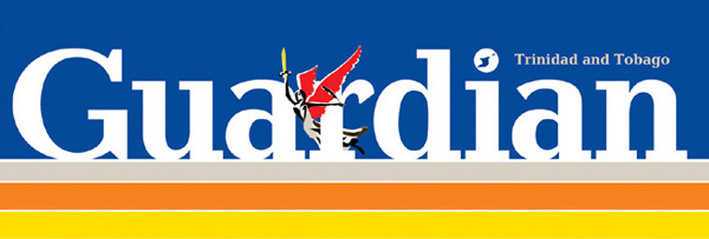This has been so since medieval times. Characters such as jokers, jesters and fools entertained the courts and rooms of those of high status with regular performances that questioned authority without threatening it.
And so it is in the 21st century. Whether we are talking about locals like Errol Fabian, Nikki Crosby, Tommy Joseph or a long line of calypsonians who played on absurdity to call out the powerful. Or international TV shows like the Daily Show with Jon Stewart or Have I Got News on the BBC. Good humour often relies on and provides revelation and clarity.
In offices and institutions research confirms healthy humour improves relationships between staff. We might add humour in schools too, but evidence (and experience) suggests humour in schools, especially when bottom-up and not top-down from the teachers themselves, often results in punishment.
This suggests humour has limits. That in certain spaces that run on rules of hierarchy like schools, law courts, and conversations with police officers, humour as acceptable critique is not recognised. Also, without the requisite cultural knowledge—say, of a country or a workplace—humour can be used incorrectly. And bad humour makes problems and situations worse.
There are three main ways that academics understand humour. These can be seen through linguist Victor Raskin’s model. He wrote about psychoanalytical, social-behavioural, and cognitive-perceptual theories of humour. The first is related to Freud and his opinions on repression. For Freud humour was a way to release tension from our inhibitions—sexual and emotional. In this sense humour is a safety valve, a way to defuse personal conflicts and wider public anxieties (around say corruption or safety).
The social-behavioural literature understands humour as a way to make fun of others in order to feel personally superior. This is humour as disparagement—a sort of laughter in love with the other person’s misfortune. This is the cultural logic of most slapstick comedy.
The cognitive-perceptual theory sees humour as related to absurdity. It surfaces when the unexpected happens; something that creates cognitive dissonance. This unexpected quality is a rewriting of the norm—the foreign friend who mispronounces zaboca, or a person jumping up on Carnival morning who does a 180-degree wine and spin only to be lip-to-lip with a police horse. These situations are funny because they are accidental and unforeseen.
These theories suggest three ways humour works to make us laugh: as a safety valve, a feeling of superiority, and the unexpected. Aside from laughter, humour often produces social integration. In workspaces, studies into organisational culture show that humour builds relationships, creates camaraderie, and helps people cope with the daily stresses of their office life. Humour can also erode status difference between superiors and subordinates and allow workers to vent their frustrations and anxieties about power.
A good way to understand these insights about healthy humour is to provide a public example of a comedic and absurd episode such as the recent firetruck revelations. Firstly the situation is one of absurdity (the basis of the cognitive-perceptual theory) because the cost of recovery and the mishandling by Cabinet of the requested monies all speak to a reality that appears warped. This absurdity or cognitive dissonance has a wider social function in that it unites the public beyond party politics.
In a social-behavioural context the public humour and disbelief generated by this absurdity is disparaging, not polite. We ridicule those in charge because we feel intellectually and morally superior. Their actions lead many of us to think if it were us making these decisions we would not be so silly.
From Freud’s point of view, the blatant mismanagement of public funds allows many of us a chance to vent our conflicted feelings about the incompetence of those who govern us. Not just the party in power, but the ridiculousness of two-party ethnic politics itself. Seen through this lens of humour, the firetruck episode also flips the script.
Instead of jokers, jesters and fools questioning authority, it is those in authority providing entertainment for the court of public opinion. And their “mistakes” question their own authority.
http://guardian.co.tt/columnist/2013-06-24/comedy-and-absurd

 RSS Feed
RSS Feed